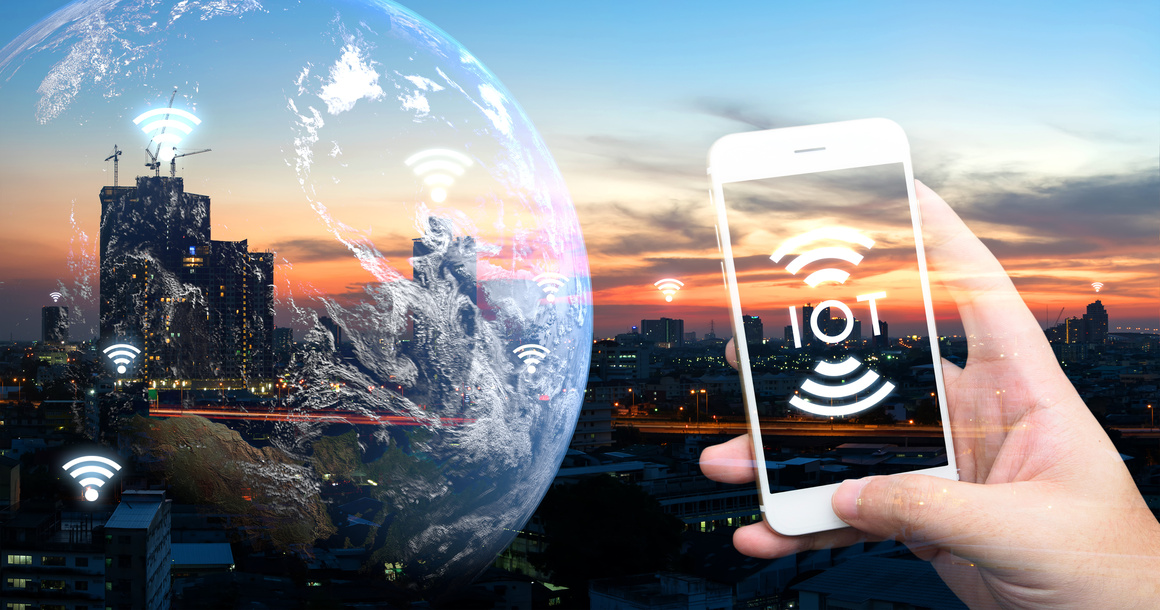How Is Internet of Things (IoT) Changing Social Media?
Social media is probably the biggest treasure trove of data the world has ever seen. People interact with their friends and family members on it almost constantly. Social networks monetize that data and break it up into various categories, which are then used for marketing purposes.
With the involvement of IoT in social media, that mountain of data is only going to get bigger. As a result, social media will experience many changes. Already, the implementation of certain IoT practices has shown great results. Here are just 3 ways in which IoT is changing social media.
1. Businesses Delivering Better Services
Due to the influx of more data, IoT is providing more contextual data to social media networks. As a result, social media is able to provide better data to businesses. With greater data at their disposal, businesses will be able to learn more about their consumers and target them better.
A greater benefit is the ability to provide better user experiences. With more contextual data at hand, companies and organizations will be able to cater to specific consumer needs. Whether they involve gaming, entertainment, work, media consumption, etc. better consumer experiences will be created for the end user.
2. Better Communication with Customers
The role of social media in IoT is obviously amplifying communications. Social media is all about communication, and thus the involvement of IoT is improving communication with customers. By analyzing more data from social media, businesses are able to build stronger relationships with their customers. This allows them to increase visibility and establish greater importance in their consumers’ lives.
3. Privacy is Increasingly Important
Due to the excessive harvesting of data through social media, IoT has been scrutinized for privacy violations. Social media has already been through its fair share of privacy scandals. Twitter[1] and Facebook[2], the usual suspects have been mired in controversy multiple times.
With IoT harvesting exponentially more data for social media and businesses, there is strong resistance to it. Advocates of IoT say that it will not abolish privacy, but those more skeptical say that it’s the final nail in the coffin.[3]

[1]https://techcrunch.com/2018/04/30/twitter-also-sold-data-access-to-cambridge-analytica-researcher/?guccounter=1&guce_referrer=aHR0cHM6Ly93d3cuZ29vZ2xlLmNvbS8&guce_referrer_sig=AQAAAJOwh2pmNBHSMeq4jKrwIbPlBE5ySvr3vBxqVeOs9gGdxXsrY33rr4-hWEtWcX_OL2Do4n5kqt6JlIM4lrIZ60hyqNsxx5LHdqkIQZztUcAcV53Bo5pKyF3VH_oAHfoq6R_G93frRmlNxYg--Q-aAgm8vHkv7CjHrR54GuX9oMP2
[2]https://www.wired.com/story/cambridge-analytica-facebook-privacy-awakening/
[3]https://iot.do/iot-changing-social-media-2018-07







